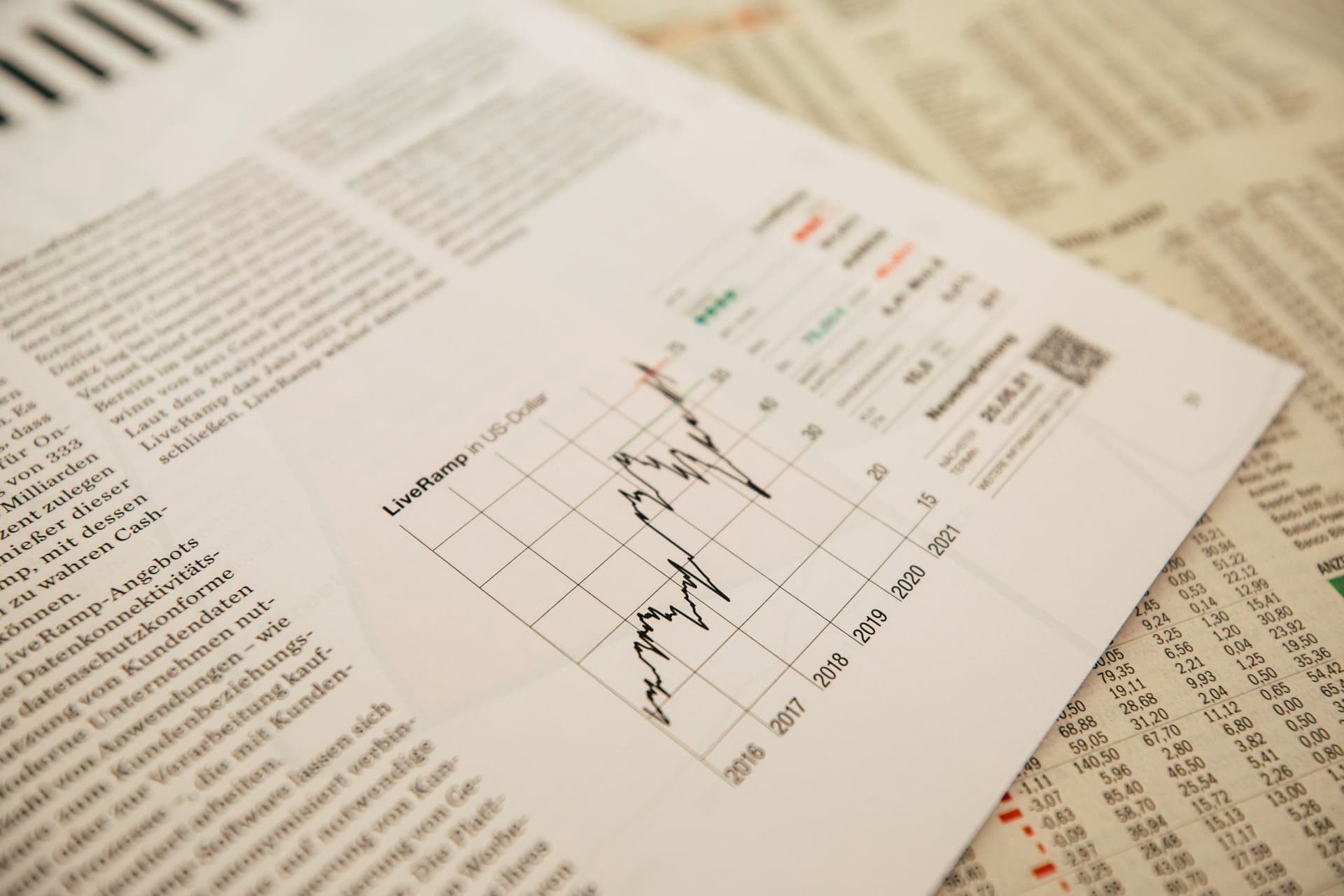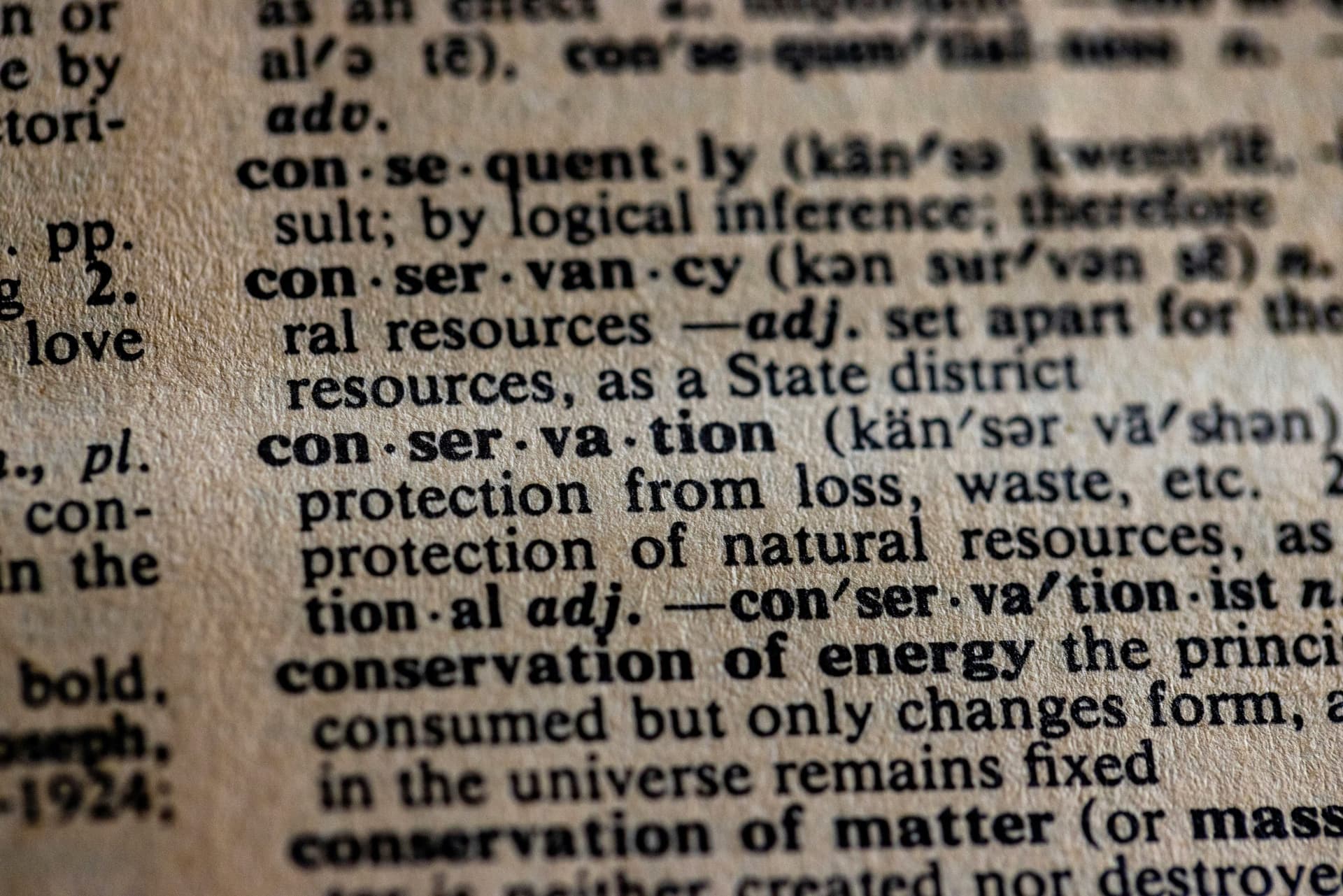DATE
24th September 2024
CATEGORY
Artificial Intelligence, Climate Change and Sustainability, Digital and Technology, Expertise, Renewable Energy

Chinese car manufacturers are facing significant hurdles in their quest to penetrate the European automotive market. Factors such as buyer wariness, limited brand recognition, trade protectionism, and rapid technological obsolescence are contributing Setting the future of digital and social media marketing research: Perspectives and research propositions to a challenging environment for these companies Electric cars pile up at European ports as Chinese firms struggle to find buyers.
Figure 1. Li, Nio and XPeng are ahead in terms of sales and are all listed on the New York Stock Exchange
Historically, parallels can be drawn with Japan’s automotive rise in the 1970s and 1980s, where Japanese brands took time to overcome initial skepticism and establish themselves The rise of Japan: How the car industry was won. Similarly, Chinese brands may require patience and strategic investments to gain market acceptance in Europe. The challenge is compounded by high trade tariffs imposed by the EU and the US on Chinese car imports, which may escalate further, adding financial burdens that complicate market entry.
Despite these challenges, China’s commitment to its global push indicates a determination to overcome obstacles over time. The focus on innovation and competitive pricing may eventually win over European consumers China: Navigating the push towards technology leadership.
In a notable development within the electric vehicle (EV) sector, Chinese car maker Zeekr claims its new EV batteries can charge significantly faster than those of industry leaders such as Tesla and BYD The New Zeekr 5.5C EV Batteries Can Charge at the Fastest Rate in the World.
The upgraded batteries are capable of charging from 10% to 80% in just 10.5 minutes when using ultra-fast charging stations. This technology will debut in the upcoming 2025 Zeekr 007 sedan, which is set to hit the market next week China firm claims world’s fastest-charging EV battery.
Figure 2. Zeekr 5.5C EV Batteries
These batteries also perform well in cold weather, addressing a common concern among EV users. Industry experts suggest that Tesla’s charging technology is no longer unrivaled, as Zeekr’s advancements highlight the intense competition in China’s rapidly evolving EV market Zeekr Boasts Fastest Charging EV Battery in the World. Zeekr’s parent company, Geely, possesses the resources to support such innovative efforts, further enhancing its competitive edge.
However, despite Zeekr’s recent debut on the New York Stock Exchange, its shares have fallen 27% since the IPO, largely due to rising US tariffs on Chinese-made EVs and other goods. This trend has raised concerns in the US and other markets about the implications of the global expansion of Chinese EV companies EU hits Chinese electric cars with new tariffs.
Amid the advancements in the EV sector, Tesla faces serious scrutiny regarding its Full Self-Driving (FSD) technology Tesla’s ‘full self-driving’ faces intensifying safety scrutiny. In a tragic incident in April, a Tesla Model S in FSD mode was involved in a fatal accident in Seattle, resulting in the death of a 28-year-old motorcyclist. The 56-year-old driver, who admitted to using his phone while relying on the driver-assist feature, was arrested on suspicion of vehicular homicide Tesla car that killed Seattle motorcyclist was in ‘Full Self-Driving’ mode, police say.
This incident marks the second known fatal crash involving Tesla’s FSD technology, raising concerns about its safety and the limitations of camera-based systems, particularly in challenging driving conditions. The National Highway Traffic Safety Administration (NHTSA) has initiated an investigation into the crash, highlighting the ongoing regulatory and legal challenges Tesla faces.
Despite the scrutiny, Elon Musk remains committed to advancing Tesla’s self-driving capabilities, envisioning a future where vehicles transform into “mobile lounges” for their occupants. However, this optimistic vision will need to navigate the complex landscape of safety regulations and public perception.
The global automotive landscape is rapidly evolving, marked by fierce competition, significant technological advancements, and ongoing regulatory challenges. As Chinese manufacturers like Zeekr push the boundaries of EV technology, they must also address the skepticism and trade barriers that hinder their growth in established markets like Europe and the US. Simultaneously, Tesla faces critical scrutiny of its FSD technology, reminding us that innovation in the automotive sector is accompanied by significant responsibility and oversight. The coming years will be crucial for these companies as they strive to navigate a complex and dynamic market.



